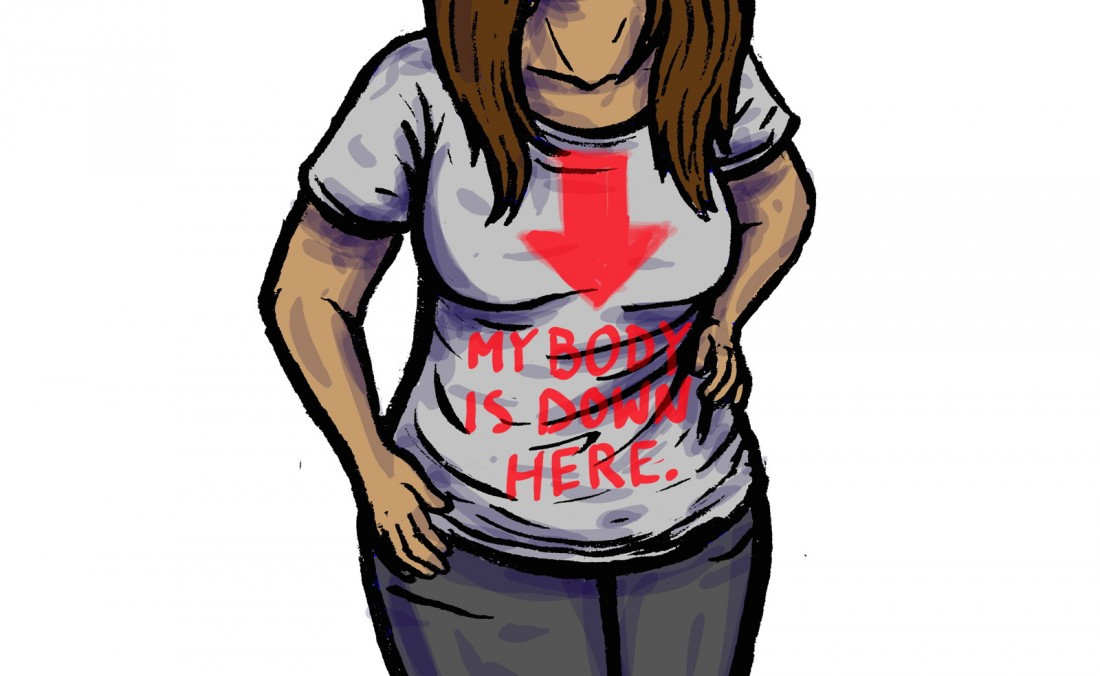Failed feminism for breakfast
Body-positive advertising is insidious
Don’t be fooled, folks. Breakfast cereal and feminism is not the latest power couple.
Special K cereal’s recent series of ads feature beautiful, “natural” woman paired with taglines such as, “My belly is from my kids. My legs are from my trainer.”
This is another example of using women’s bodies to sell stuff, and packaging body positivity into a marketing bid, producing blandly empowering messages about how great women’s bodies are and, also, look how good this cereal is for you.
It all makes sense up to a point; it works as far as women’s bodies have always sold products. These Special K women have “real bodies” – maybe, whatever that means – but they are still flawless. The ads may mention a belly, or hips, or curves, as if possessing any of these things is an impossibility to be resigned to, or a burden to carry, or even just some sort of daily drudgery to be put up with.
But the ads also offer a way to counteract those body issues: “My legs are from my trainer,” “My push-ups gave me the arms” and “My legs run on pavement.”
Special K’s ads pretend to accept and promote all women’s bodies, as long as women are not happy with their own bodies and are already working to “improve” on them. These ads hinge on the continual generation of body positivity, while ensuring that women will still police their own bodies by fragmenting themselves into the good (i.e., changeable) and the bad (i.e., unchangeable).
These ads remind women that they will only ever be a bag of limbs, a division of unequal parts, a random assortment of the grotesque and the sexualized.
Maybe the industry should effect a complete return to the starkness of the airbrushed super-thin supermodel. Yes, it is an unattainable standard. Yes, it damaged many woman into always measuring themselves against it, and always falling too short, too fat, too weird. No, it doesn’t help knowing that even those models don’t look as perfect as their pictures – that it is a fantasy that exists only through photo editing.
However, that standard was at least easy to identify. It never pretended to be affirming or nurturing. It never walked up and said, “Hey girl, let’s be friends.” Because that is precisely what makes these body positivity ad campaigns so insidious and damaging. They are a continuation of the old story, only instead of saying, “Your body is not good enough,” they simply say, “Your body is almost good enough.”
They say that as long as you are not satisfied with your body, you just need to believe in yourself and in the power of cereal – or whatever other irrelevant product is for sale this week.
Rachel Barber is a crazy plant lady, half-assed blogger, winter cyclist and all-round raging feminist
Published in Volume 70, Number 12 of The Uniter (November 26, 2015)







